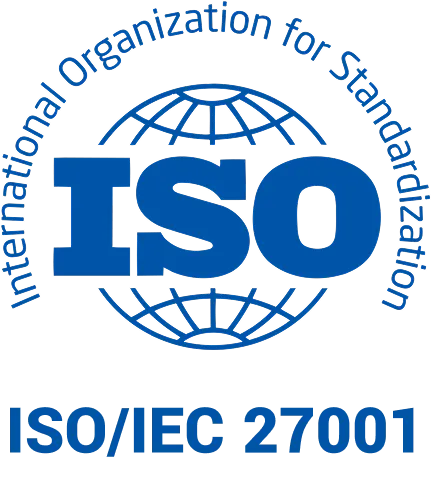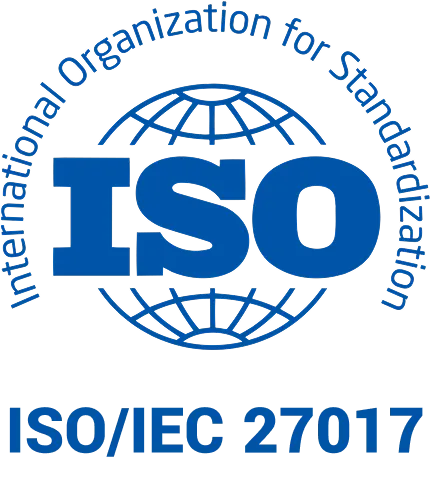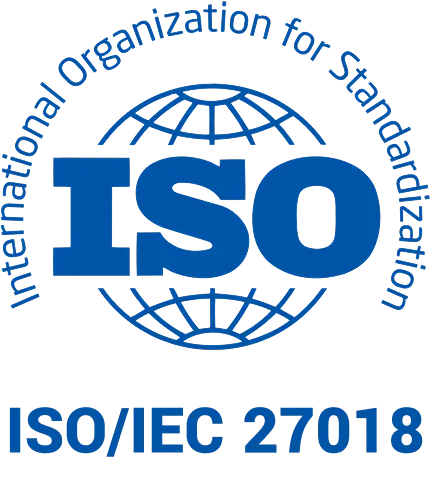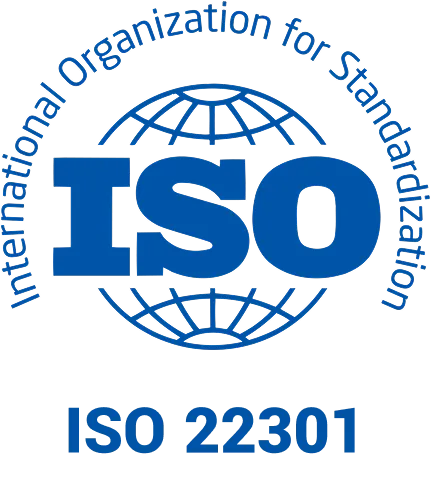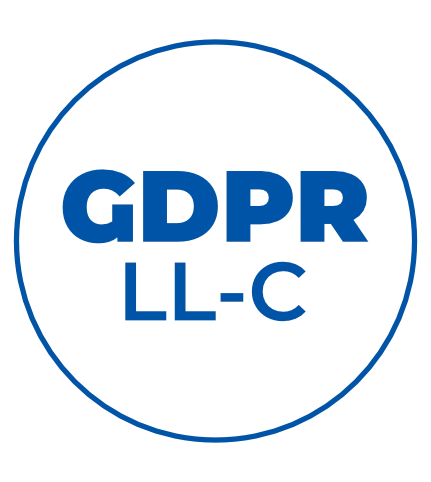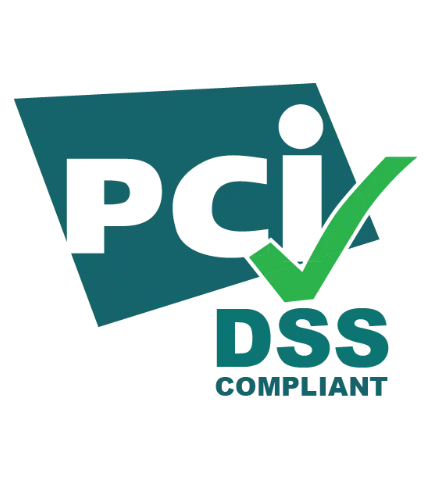
Prophylactic Meals: Employer's Obligations and Employee's Rights
Prophylactic meals are an essential element of health protection for employees working in particularly demanding conditions. According to Polish labor law, the employer is obliged to provide appropriate meals and beverages to employees employed in specific environmental conditions or performing work requiring significant physical effort. Understanding the regulations concerning prophylactic meals is crucial for both employers and employees, as it directly affects safety and health in the workplace.
Legal Basis and Definition of the Benefit
What are Prophylactic Meals and Who is Entitled?
Prophylactic meals are an in-kind benefit that the employer provides to employees performing work in particularly arduous working conditions. The purpose of this benefit is to supplement the body's energy and fluid losses and to protect against the negative impact of environmental conditions on the employee's health.
Article 232 of the Labor Code as the Legal Basis
The basic legal act regulating the obligation to provide prophylactic meals is Article 232 of the Labor Code. This provision states that the employer provides the employee with meals or beverages free of charge when performing work in hot microclimate conditions or in cold seasons outdoors, as well as for work involving significant physical effort.
Regulation on Prophylactic Meals and Beverages
Detailed regulations on prophylactic meals are contained in the Regulation of the Minister of Labor and Social Policy of September 26, 1997, on general provisions of occupational health and safety. This document specifies the conditions for entitlement to the benefit, the caloric value of the meals, and the rules for their provision.
Criteria for Granting Prophylactic Meals
Energy Expenditure as the Main Criterion
The basic criterion for entitlement to prophylactic meals is the effective energy expenditure of the body exceeding specific values. According to the regulations, the employer must provide a meal to employees when the energy expenditure exceeds:
- 1880 kcal during an 8-hour work shift for men
- 1480 kcal during an 8-hour work shift for women
Types of Work Entitling the Benefit
Prophylactic meals are due to employees performing the following types of work:
- Work requiring significant physical effort resulting in effective energy expenditure above the specified norms
- Work in hot microclimate conditions
- Work in cold seasons outdoors
- Underground work in mines
- Work involving the elimination of the effects of natural disasters
Environmental Conditions: Hot and Cold Microclimate
The microclimatic conditions of the workplace are particularly important. In the case of work in hot microclimate conditions, when the air temperature exceeds 28°C, the employer provides the employees with appropriate beverages. In turn, work performed in cold seasons outdoors, when the temperature drops below -10°C, requires the provision of hot meals.
Work in Special Conditions: Underground, Outdoors, During Natural Disasters
Employees employed in particularly arduous conditions, such as:
- Underground work in mines
- Rescue work during natural disasters
- Outdoor work in extreme temperatures
are entitled to prophylactic meals regardless of the energy expenditure value.
Methods for Assessing Entitlement to the Benefit
Measurement of Employee Energy Expenditure
Assessing the entitlement to prophylactic meals requires a precise measurement of energy expenditure. The employer should conduct an analysis of work stations using appropriate measurement methods. The body's energy expenditure is calculated based on the intensity of the work, the time it is performed, and the employee's body mass.
WBGT and WCI Measurement in Microclimate Assessment
The WBGT (Wet Bulb Globe Temperature) index is used to assess hot microclimatic conditions, and the WCI (Wind Chill Index) for cold conditions. These standard measurement methods allow for an objective determination of whether a given work station requires the provision of prophylactic meals.
Forms and Organization of Meal Provision
Hot Dish as the Recommended Form of Meal
The basic form of a prophylactic meal is a hot dish with an appropriate caloric value. Prophylactic meals must contain at least 1260 kcal and should be served as a hot dish, which best supplements the body's energy losses.
Alternatives: Vouchers, Coupons, Products for Preparation
If it is not possible to provide ready-made meals, the employer may provide:
- Food vouchers of appropriate value
- Coupons for meals in catering establishments
- Food products for the employee to prepare the meal themselves
Hygienic and Sanitary Conditions and Company Canteen
The provision of prophylactic meals must take place in appropriate hygienic and sanitary conditions. The employer should ensure a suitable place for consuming meals, meeting sanitary requirements and enabling employees to rest during the work shift.
Prophylactic Beverages as a Supplement to the Benefit
Types of Beverages Depending on Working Conditions
Prophylactic beverages are selected depending on the type of work performed:
- In hot microclimate conditions - cooling beverages, mineral water
- In cold conditions - hot beverages, tea, coffee
- For significant physical effort - isotonic beverages supplementing electrolytes
Employer's Obligation to Provide Beverages
The employer provides the employee with beverages in an amount corresponding to physiological needs. In hot microclimate conditions, this should be at least 1 liter of beverage per work shift, while for work requiring significant physical effort - according to the actual needs of the body.
Employer's Obligations and Procedures
Agreement with Trade Unions
The rules for providing prophylactic meals are established by the employer in agreement with the trade unions operating in the workplace. This agreement should specify the detailed conditions of the benefit, the forms of provision, and the organization of the entire process.
Prohibition of Cash Equivalent Payment
It is important that the employer cannot substitute prophylactic meals with a cash equivalent. This benefit must be provided exclusively in kind - as a meal, beverage, or food voucher.
Obligation to Ensure the Benefit in Appropriate Conditions
The employer is obliged to provide not only the meal itself but also suitable conditions for its consumption. This means the necessity of establishing a company canteen or designating an appropriate place for consuming meals, meeting occupational health and safety requirements.
Tax and Insurance Aspects
Exemption from PIT Taxation
The value of prophylactic meals is exempt from personal income tax (PIT), provided they are issued based on occupational health and safety regulations. This means that the employee does not have to pay tax on the value of the received meals.
Exemption from ZUS Contributions
Similar to PIT, the value of prophylactic meals is exempt from social and health insurance contributions (ZUS). This is a significant convenience for both the employer and the employee.
Most Common Questions and Doubts
How to Provide Prophylactic Meals in Practice
Practical implementation of the obligation to provide prophylactic meals requires:
- Conducting an analysis of work stations
- Determining the entitlements of individual groups of employees
- Choosing the optimal form of the benefit
- Organizing the meal provision system
When and Who is Entitled to Prophylactic Meals
Prophylactic meals are due to employees performing work in particularly arduous conditions when the energy expenditure criteria or environmental conditions specified in the regulations are met.
What are the Caloric Requirements and Meal Composition
The caloric value of prophylactic meals cannot be lower than 1260 kcal. The meals should be balanced in terms of nutrients and adapted to the needs of employees performing physical work.
FAQ
Can an employee waive a prophylactic meal?
An employee cannot waive a prophylactic meal, as this is the employer's obligation resulting from occupational health and safety regulations. The employer must provide the meals regardless of the employee's will, but the employee is not obliged to consume them.
Can prophylactic meals be replaced with a salary supplement?
No, the employer cannot replace prophylactic meals with a monetary supplement to the salary. The regulations clearly indicate the in-kind nature of this benefit. The employer must provide the meal in a natural form or a food voucher.
How often should entitlement to prophylactic meals be assessed?
The assessment of entitlement to prophylactic meals should be carried out regularly, especially when there are changes in work organization, the introduction of new technologies, or changes in environmental conditions. It is recommended to perform such an assessment at least once a year.
Are temporary employees entitled to prophylactic meals?
Yes, prophylactic meals are due to all employees performing work in conditions that entitle them to this benefit, regardless of the type of employment contract. This also applies to temporary and fixed-term employees.
What documents should the employer maintain regarding the provision of prophylactic meals?
The employer should maintain documentation including: an analysis of work stations regarding entitlement to meals, an agreement with trade unions, a record of meals provided, and documentation concerning the hygienic and sanitary conditions of the meal consumption areas.
Summary and Good Practices
Key Employer Obligations
The employer is obliged to provide prophylactic meals to all entitled employees. Key obligations include conducting a work station analysis, determining entitlements, selecting the appropriate form of the benefit, and ensuring proper conditions for providing and consuming the meals. The employer must also maintain appropriate documentation and cooperate with trade unions.
Benefits for the Employee and the Organization
Proper implementation of the prophylactic meal system brings benefits to both employees and the organization. Employees receive support in the form of appropriate nutrition, which positively affects their health and work efficiency. For the organization, this means a reduction in sick leave, improved occupational safety, and building a positive image of an employer who cares for their employees. Implementing this system is also a legal requirement, the failure of which may result in sanctions from control authorities.






























